
POLITICS
17-01-2024 by Freddie del Curatolo
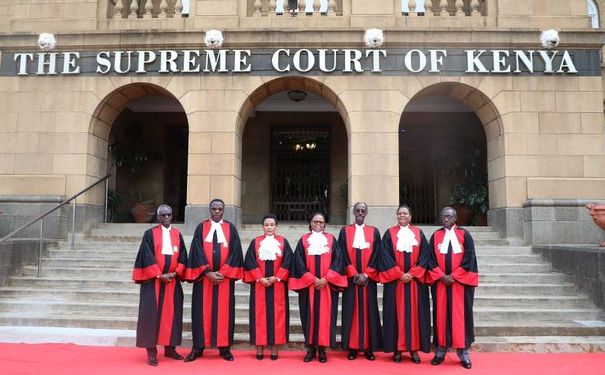
Even with all the differences, cosmic distances, continental drifts and meanings of the word 'democracy', I often find some political similarities between Kenyan President William Ruto and the late Silvio Berlusconi.
Both rose to the top after seasons of other 'strong powers', both promised a new country, run like a business, more economical autarkic.
Both appealed to the lower classes, promising them a better future, without skimping on a little 'popular' bravado.
In forming the government, they both brought together members of the former majority who had climbed aboard their boat and several former opponents, giving the country a new image, seemingly disengaged from the ways in which democracy had previously been conducted.
But both experienced major problems with the economy (not only past) and with the management of their ministers and vassals.
These days, Ruto finds himself in another of the situations that have characterised the era of Berlusconi as president: the attacks on the judiciary.
If for the Italian Cavaliere it was mainly personal attacks, the Kenyan leader's attempt to discredit the judges and bypass them comes from his frustration at seeing many of his changes, the introduction of new taxes, privatisation processes and so on, frustrated by High Court rulings.
What's more: the number one justice, Chief Justice Martha Koome, chosen by Ruto himself and hated by his election rival, Raila Odinga, whose appeal against the challenger's election was rejected by her, has more than rebuked him.
Chronologically, the judiciary, in recent months, has taken up petitions calling for the blocking and review of reforms defined as 'fundamental' by the Ruto government, such as the tax on property ownership, health care reform with the introduction of compulsory insurance (but mutualised for the needy), the immigration services and the privatisation and sale of a dozen state-owned companies, including the oil company.
At one point, the president blurted out that he would ignore the Supreme Court rulings if further rulings against his reforms were made, accusing part of the judiciary of being corrupt, in the pay of the opposition and enjoying 'judicial impunity'.
Two days ago, Martha Koome returned to the matter, after Ruto's deputy, Rigathi Gachagua, had publicly called for the removal of another female judge, Ester Maina, who, responding to the accusations of corruption, implied that the vice-president himself had been facilitated by a court ruling that had acquitted him of a series of possible fraud convictions.
In short, it is now war between the government and the judiciary in Kenya.
Koome said: 'These threats and statements are extremely serious and represent a monumental attack on the constitution, the rule of law and the very stability of the nation and may lead to chaos and anarchy in our homeland. Regarding Gachagua's exit, he emphasised that corruption or misconduct in the judiciary is addressed as a top priority, outlining the grounds and due process for the removal from office of any judicial official accused of misconduct.
"A judge is not liable in an action or suit for anything done or omitted in good faith in the lawful exercise of a judicial function," he said, "and can only be removed from office for specific reasons, namely, inability to perform the functions of the office arising from mental or physical incapacity; violation of a code of conduct prescribed for judges of superior courts by an Act of Parliament; bankruptcy; incompetence; or gross misconduct or misconduct.
How will this tug-of-war end?
Many of the pending cases will be heard in the first two weeks of February, including one that closely affects foreigners residing in Kenya as well as frequent visitors to the country.
This is the reform of immigration services, with the proposal to exponentially increase work permits (from 200,000 to 500,000 shillings for businessmen and from 400,000 to 1 million for employees) as well as to introduce a fee for extending tourist visas after the first three months, of 100 dollars.
NEWS
by Freddie del Curatolo

Chief Justice Martha Koome of the Supreme Court of Kenya read out a few minutes ago...
NEWS
by Freddie del Curatolo
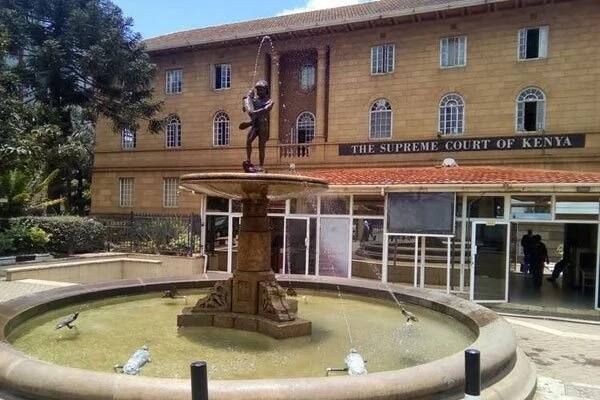
We are three days away from the final verdict of the Kenyan Supreme Court on the 2022...

Yet another postponement for the possible entry into force of compulsory health insurance...
NEWS
by redazione
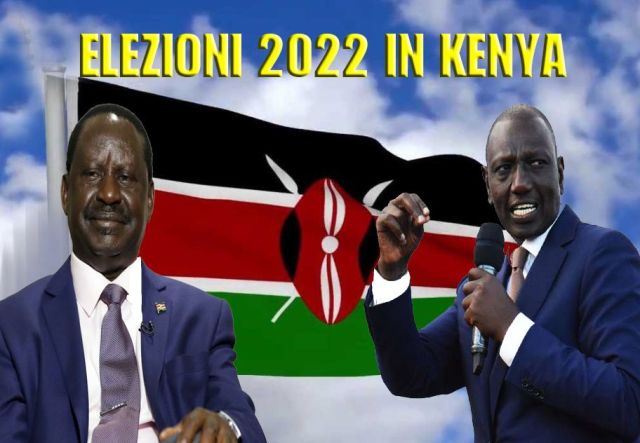
Nullification and rerun as in 2017, the first-ever runoff or right to one of the...

The Malindi Court of Appeal was rated as the best in Kenya by the annual Justice Report, drawn up and made public by Justice Chief and President of the Supreme Court of Kenya, David Maraga.
With a "very good" rating,...
NEWS
by redazione
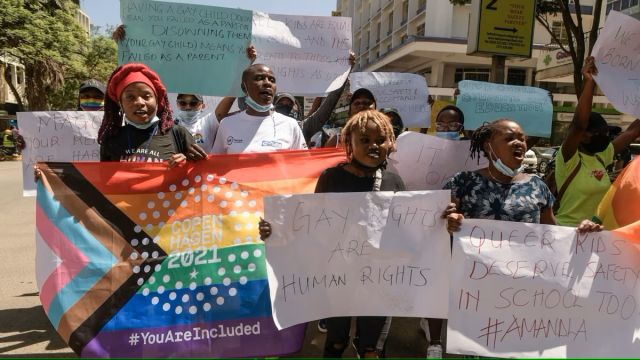
As of today Kenya may like General Vannacci and his fans a little less.
While...
POLITICS
by redazione
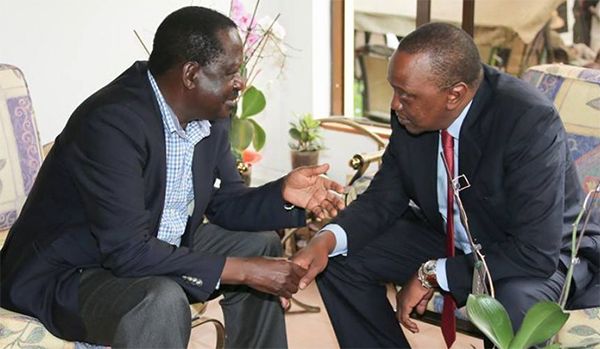
Kenya's High Court has declared illegal the process initiated by the President of the Republic of...
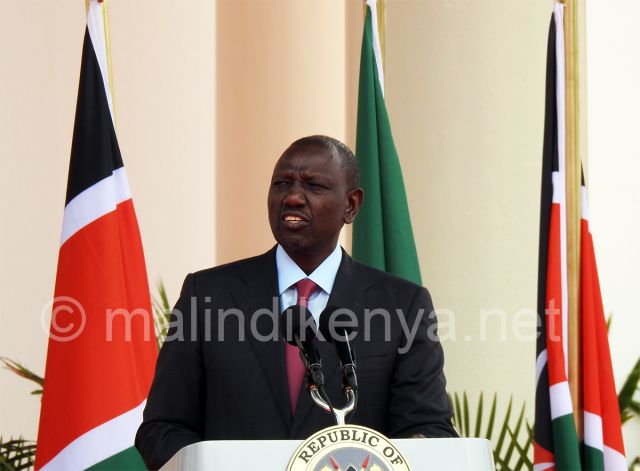
The difficult period for the Kenyan economy may have reached its climax and now begin its downward...
NEWS
by redazione
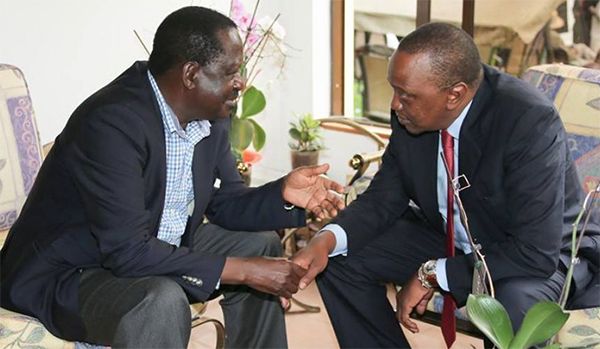
Uhuru Kenyatta and Raila Odinga's proposal to reach a national referendum to change some articles...
NEWS
by Freddie del Curatolo

William Ruto was one of the many young boys in northern Kenya who walked miles...
LATEST NEWS
by redazione

he Supreme Court of Kenya upheld the appeal of the Opposition represented by Nasa Alliance and its candidate President Raila Odinga, annulling the result of the national elections.
This is an unprecedented fact in a Republic of the African Continent.